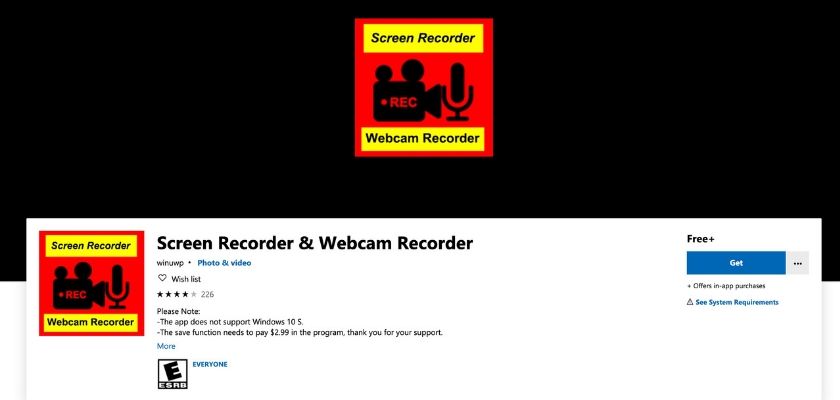Ever since Microsoft, one of the original and squarely proprietary tech giants, pivoted from software to services some years back, its relationship with free and open source software seems to have improved.
For one thing, Microsoft replies on such things as open source flagship Linux for its cloud infrastructure. And the company also made a series of moves indicating it was now a better, gentler version of its old self, seeking not only to use open source software but also contribute back to it.
However, not all is rosy on all fronts. Microsoft doesn’t seem to particularly care if open source software offered in its store has the right to be there, and in what format – in other words, if fakes and knock-offs are being peddled on the platform.
Typically, open source software is published under either copyleft or permissive licenses, such as GPL and MIT, respectively. The first kind allows for the software to be shared and modified, and redistributed either free of charge or with a commercial model in mind – but the same original license must be included.
Permissive licenses have even fewer requirements, demanding only attribution, and no liability.
Then there’s the issue of a product’s trademark, which is separate.
Depending on which of these elements are incorporated into the contentious “Windows ports,” they may or may not be breaking the original’s license.
What’s going on in the Microsoft Store has raised some eyebrows in the community. Recently, a version of Thunderbird, a free and open source email client developed by Mozilla, made its way to the Windows Store – offered free of charge, but developed by another party.
Another example, given on the Portable Freeware Collection forum, mentions Screen To Gif – a program now published under different names as a paid app for Windows 10. And although the original’s license permits “remixes” and adding a price tag to the product – it also requires attribution and the original license.
Microsoft is criticized here not so much for failing to screen every app uploaded to its store – but for appearing to remain indifferent even after multiple reports.










